On June 25th, AIED for the Future International Forum 2023, hosted by Beijing Normal University Zhuhai Campus and organized by the College of Education for the Future, Beijing Normal University, opened in Zhuhai. The theme of this forum is "New Paradigms, Transformations, Dialogues for Educational Futures," focusing on the trends, theoretical foundations, and application scenarios of future intelligent education technologies worldwide. The forum includes keynotes, panel sessions, workshops, parallel forums, and doctoral forums. The forum was attended by more than 200 guests, including academicians such as Guoliang Chen from the Chinese Academy of Sciences, Rupert Wegerif, Director of DEFI at Hughes Hall, University of Cambridge, and Mr. Xiaolin Nie, Senior Vice President of iFly tech. There were also renowned experts and scholars, as well as industry representatives in the field of educational technology, from universities such as Tsinghua University, Peking University, East China Normal University, Beihang University, Northeast Normal University, South China Normal University, the University of Cambridge, Monash University, the University of Manchester, the University of Memphis, the University of Edinburgh, and the University of Rioja. They engaged in in-depth discussions on future intelligent education for two days, actively promoting the integration of intelligent technologies and educational innovation.
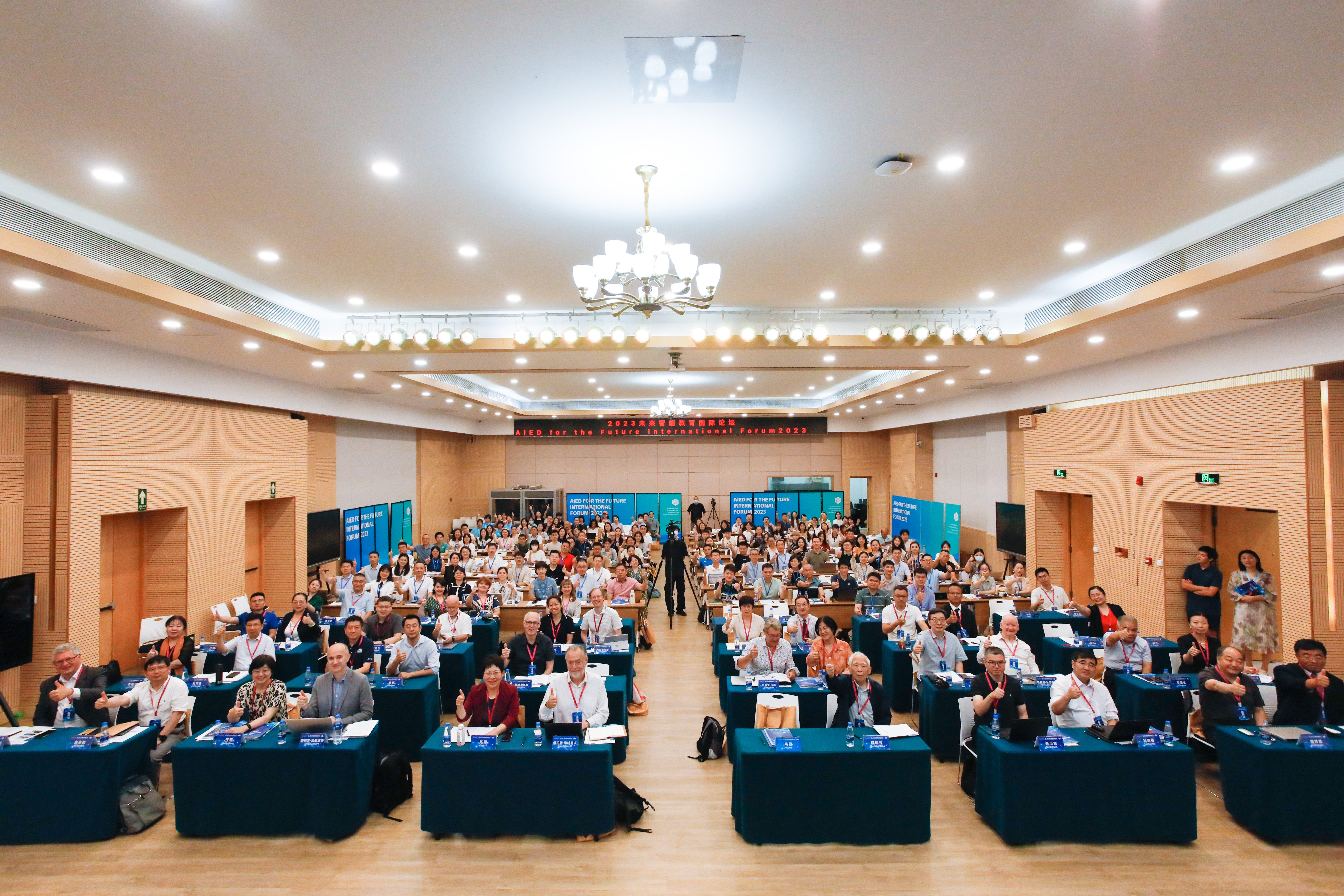
The opening ceremony of the forum is hosted by Professor Guomin Zheng, Assistant to the President of Beijing Normal University and Dean of the College of Education for the Future, Beijing Normal University.
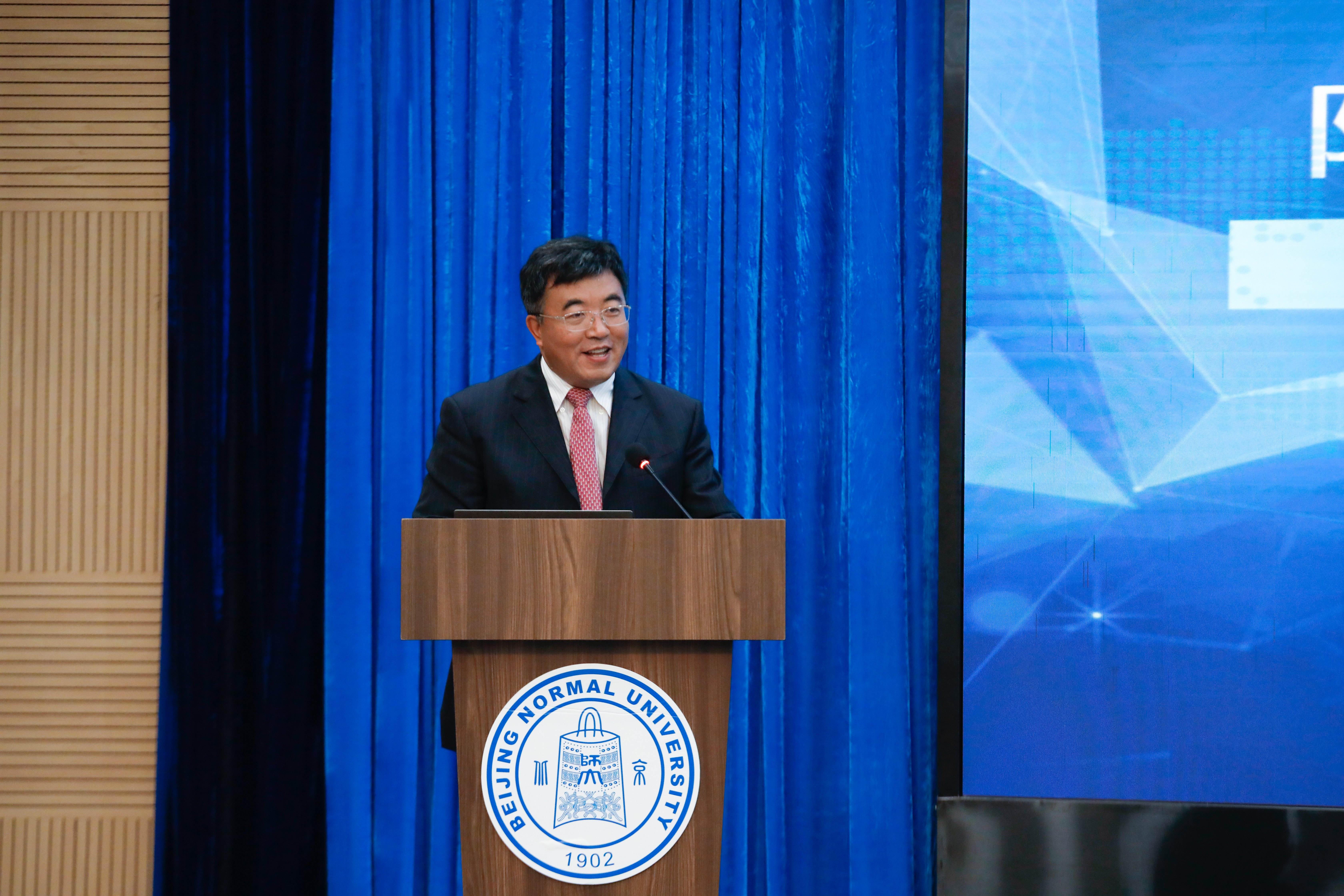
Ms. Wei Wei, Deputy Secretary of the Party Committee of Beijing Normal University and Secretary of the Party Committee of Zhuhai Campus, delivered the opening speech. Ms. Wei Wei stated that with the rapid development of global technology, artificial intelligence is bringing about a significant transformation in education. This transformation will lead to profound changes in school curricula, teaching methods, teacher-student relationships, and evaluation systems. The construction of a new intelligent education ecosystem will promote the transformation and upgrading of education, teaching, and educational management, optimize the allocation of educational resources, and cultivate students' knowledge and abilities required for the future society. This has become an important proposition in talent cultivation.
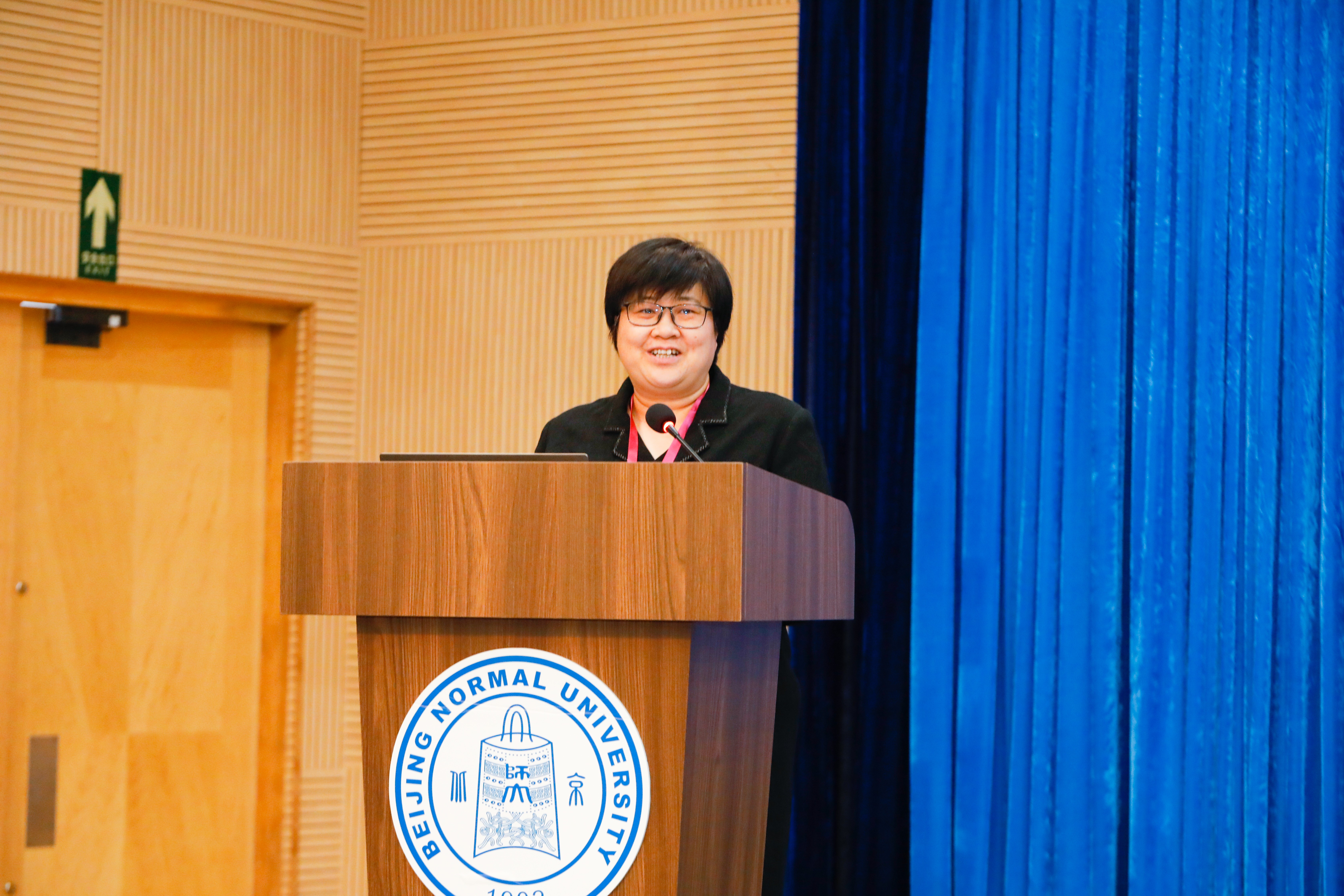
Academician Guoliang Chen pointed out in his report titled "Constructing a New Ecology for the Digital Transformation of Education with New Generation Intelligent Technologies" that in the face of the digital era, education must adapt to social changes and accelerate reforms to cultivate individuals who are adaptable to future society. In the future, intelligent education will revolve around student-centered learning, and personalized learning will become an important approach. When applying emerging technologies in teaching, teachers should also emphasize the inheritance and dissemination of China's excellent traditional culture.
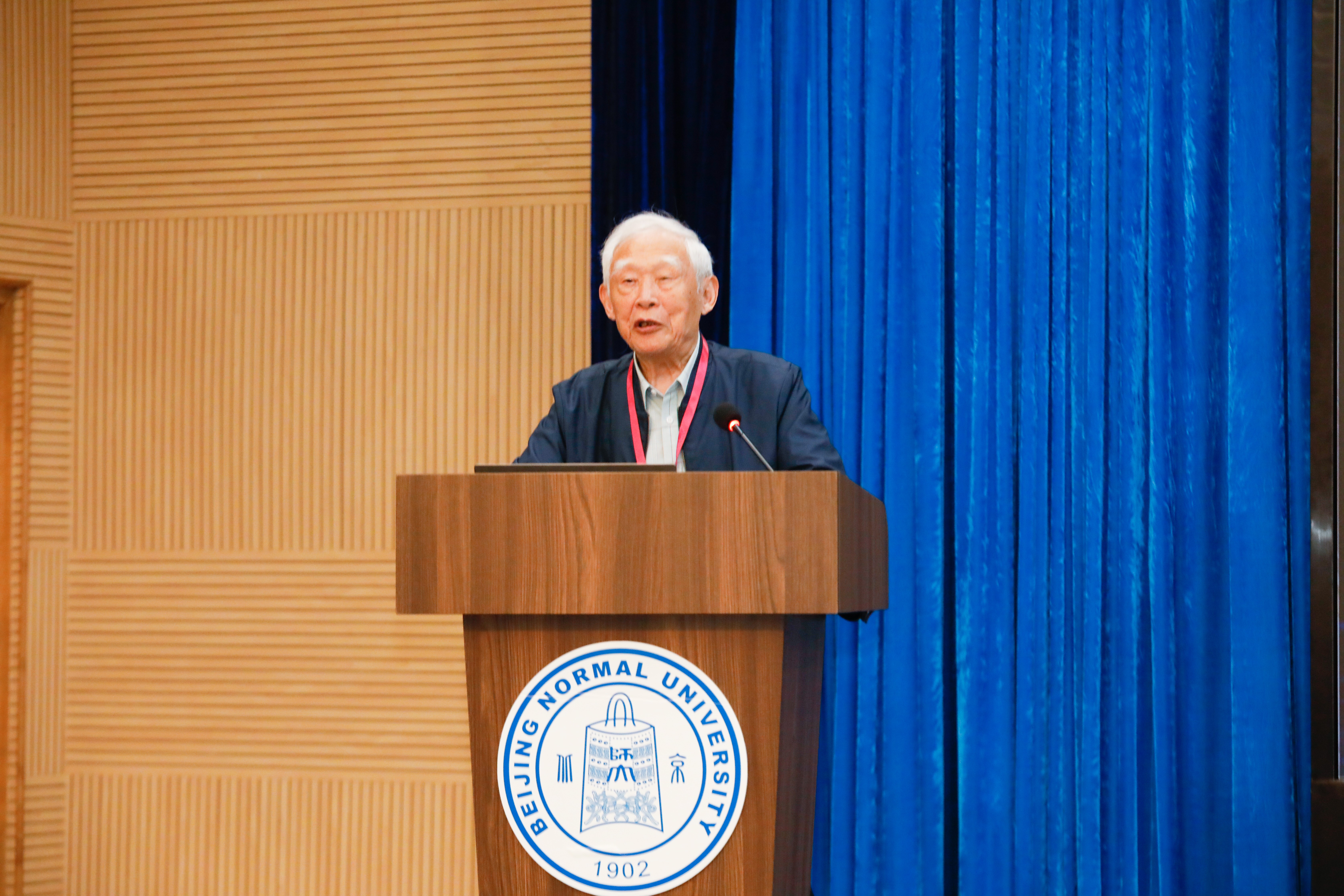
Academician Wen Gao delivered a report titled "Empowering the New Generation AI Education with Open Source Computing" through a video. In the report, he highlighted the significant challenges in cultivating high-level talents in artificial intelligence and emphasized the intrinsic driving force of educational reform in the AI era, as well as the new demands for students' qualities and abilities. He introduced the construction achievements of the open-source collaborative cloud brain ecosystem and AI talent incubation base based on Pengcheng Cloud Brain II infrastructure and outlined the grand Pengcheng Brain Ocean Large Model Pedestal Plan.
Following the opening ceremony, the main forum delved into in-depth discussions on how to better promote the deep integration and innovative development of artificial intelligence and smart education, to empower China's smart education.
Professor Rupert Wegerif, Professor at the Faculty of Education, University of Cambridge, and Director of the DEFI at Hughes Hall, University of Cambridge, delivered a keynote report titled "Designing for Dialogue: A Theory of Educational Technology for the Future". He emphasized that education should focus on relational knowledge rather than individual isolated knowledge. He proposed an educational reform perspective centered around dialogic teaching, highlighting the effectiveness of dialogic teaching methods, particularly the use of questioning techniques, in promoting the continuous growth of students' thinking abilities.
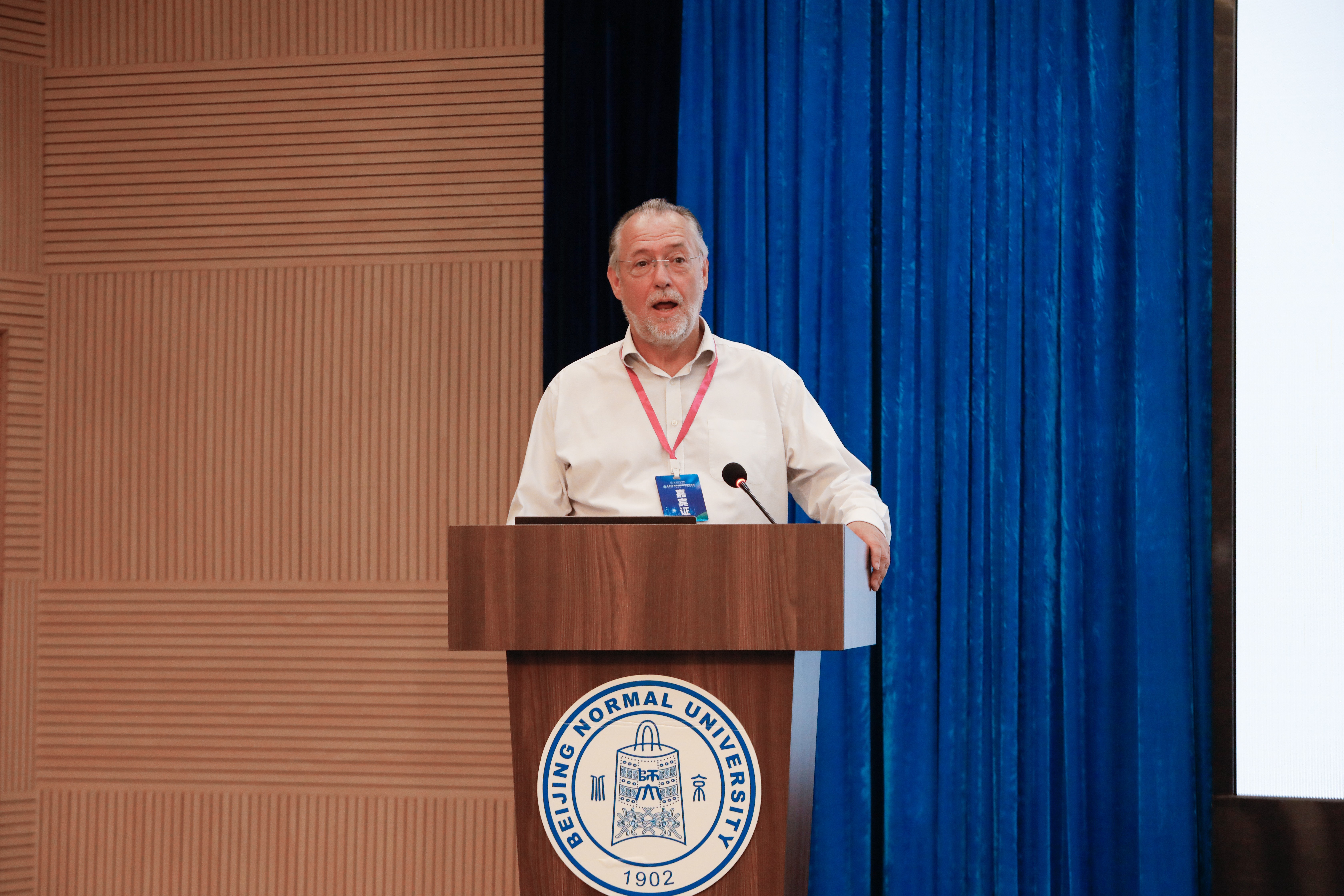
Professor Li Chen, Director of BNU National Engineering Laboratory for Cyberlearning and Intelligent Technology, delivered a keynote report titled "How to Use Artificial Intelligence to Break Through the Bottlenecks and Challenges in Current Student Comprehensive Evaluation". Li Chen proposed the application of information technology in evaluation reform. By utilizing information technology, it is possible to assess students' qualities and skills more scientifically, objectively, and accurately, enabling fine-grained management and effective application. Through practical examples, she demonstrated how information technology can assist in the reform of comprehensive student evaluation. She called for joint efforts from the participants to contribute wisdom and strength to the high-quality development of education.
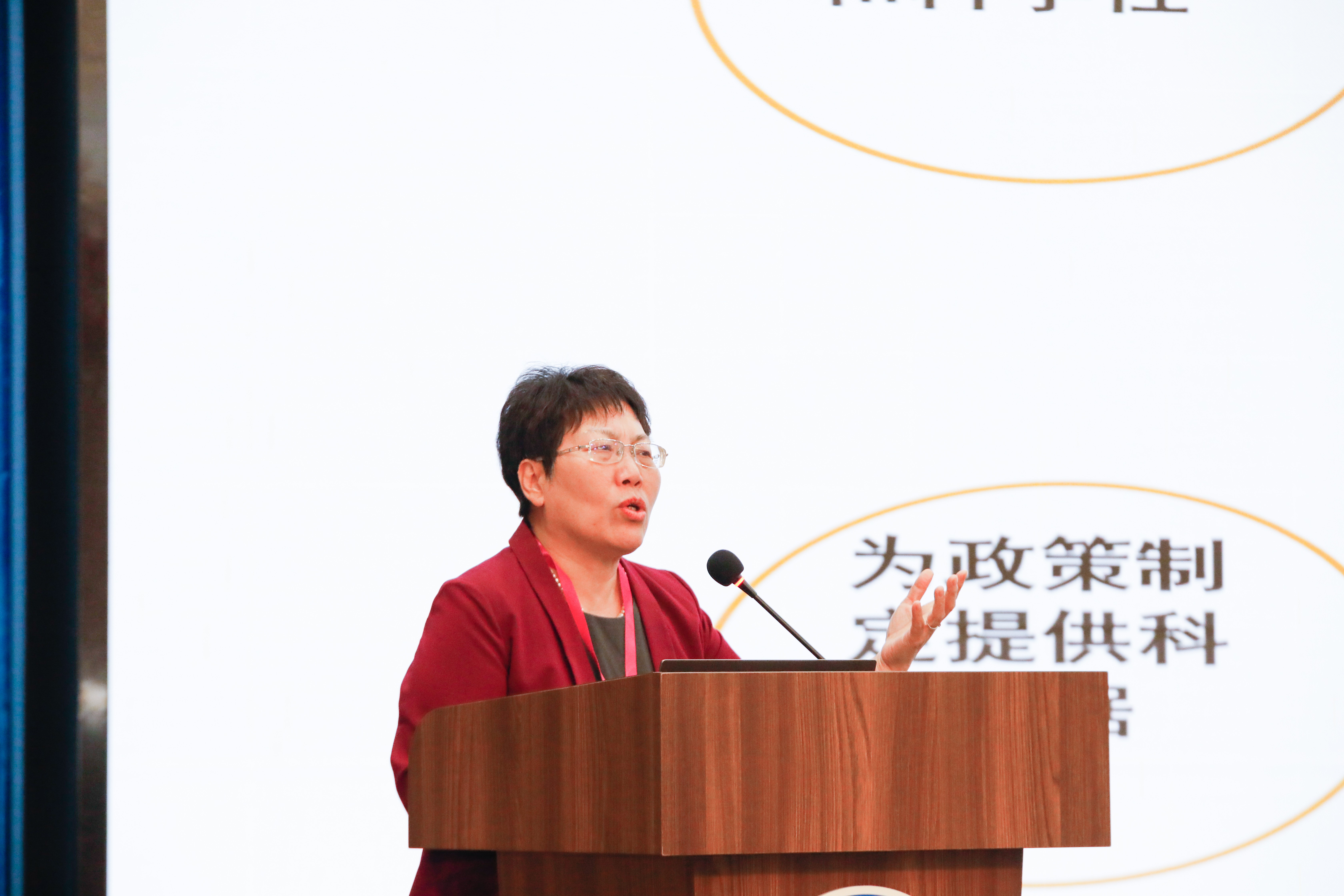
Xiaolin Nie, Director, Senior Vice President of iFly Tech, delivered a keynote report titled "The Practice and Exploration of Artificial Intelligence Supporting Education". In the report, Xiaolin Nie showcased how iFly Tech utilizes artificial intelligence technology to enable personalized education at scale. This includes processes such as data collection, intelligent assessment, learning path planning, precision teaching, and personalized learning, providing students with opportunities for scientific exploration. The report also highlighted the application of the iFly Tech Xinghuo AI model in various educational scenarios.
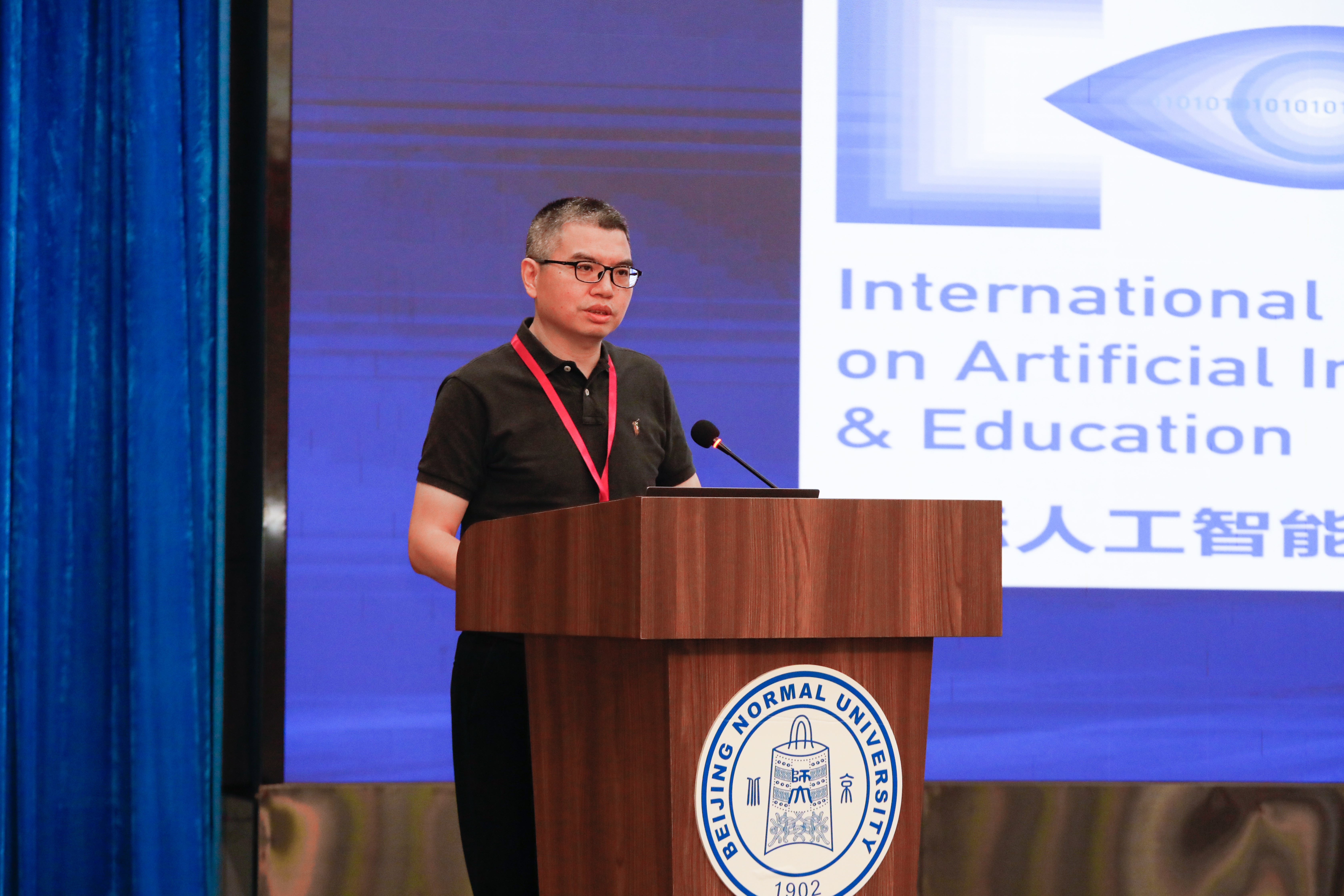
The forum will also release a collection of “Artificial Intelligence and Future Education Leading Edge International Research”, supporting researchers, educators, and students in gaining a more comprehensive understanding of the future development of intelligent education. This aims to promote better integration of technology and education.
This forum not only showcases the theoretical exploration and practical achievements of the future education reform and development at Beijing Normal University Zhuhai Campus but also promotes research and innovation in the application of intelligent technology in the field of education. It actively supports the digital transformation of education, accelerates the deep integration of artificial intelligence and education, and creates a new pattern of smart education development. It contributes to the construction of a strong education country and the great rejuvenation of the Chinese nation.



 Last Page
Last Page

 Phone:0756-3621121
Phone:0756-3621121
 Email:ccie@bnu.edu.cn
Email:ccie@bnu.edu.cn